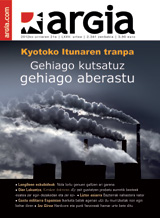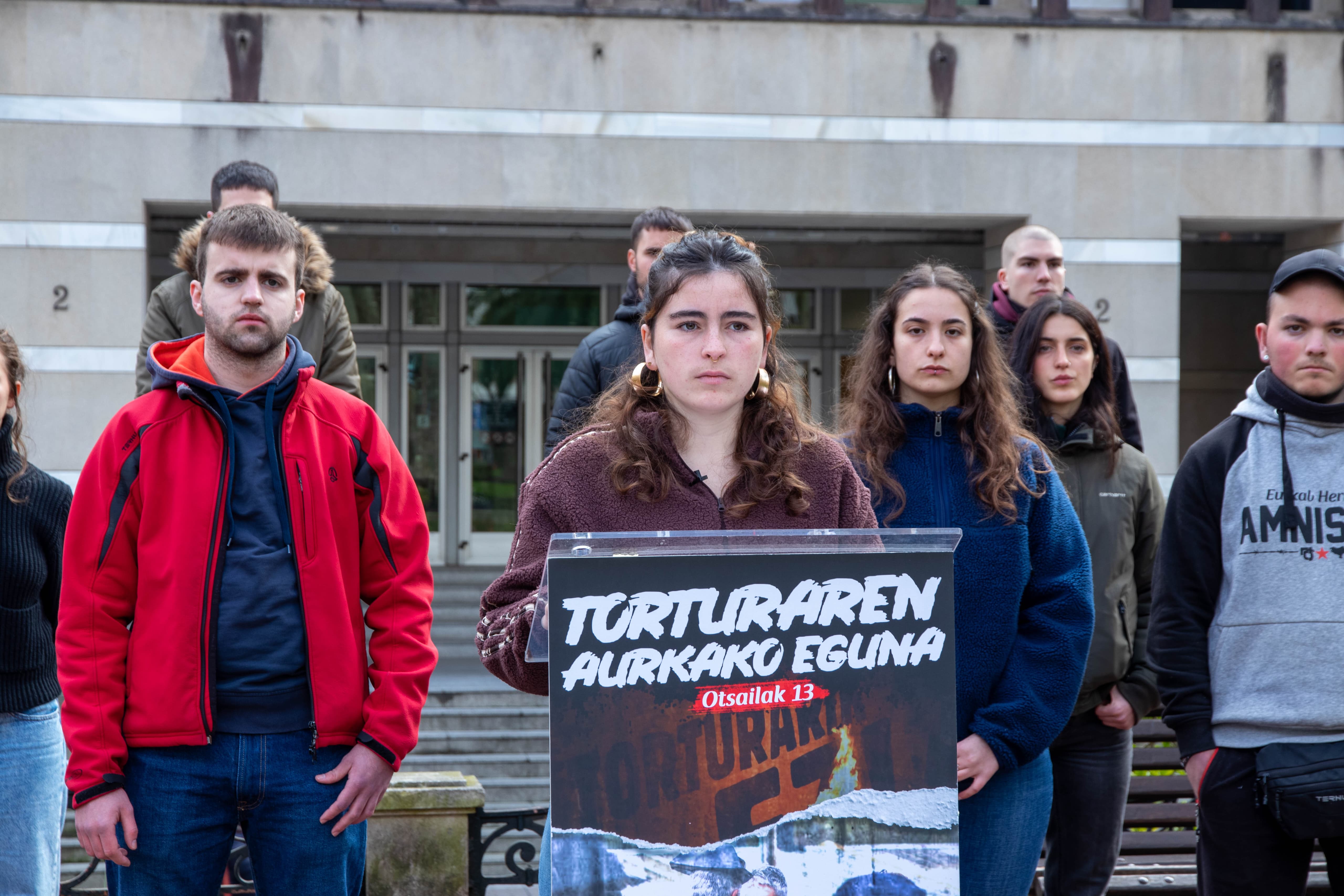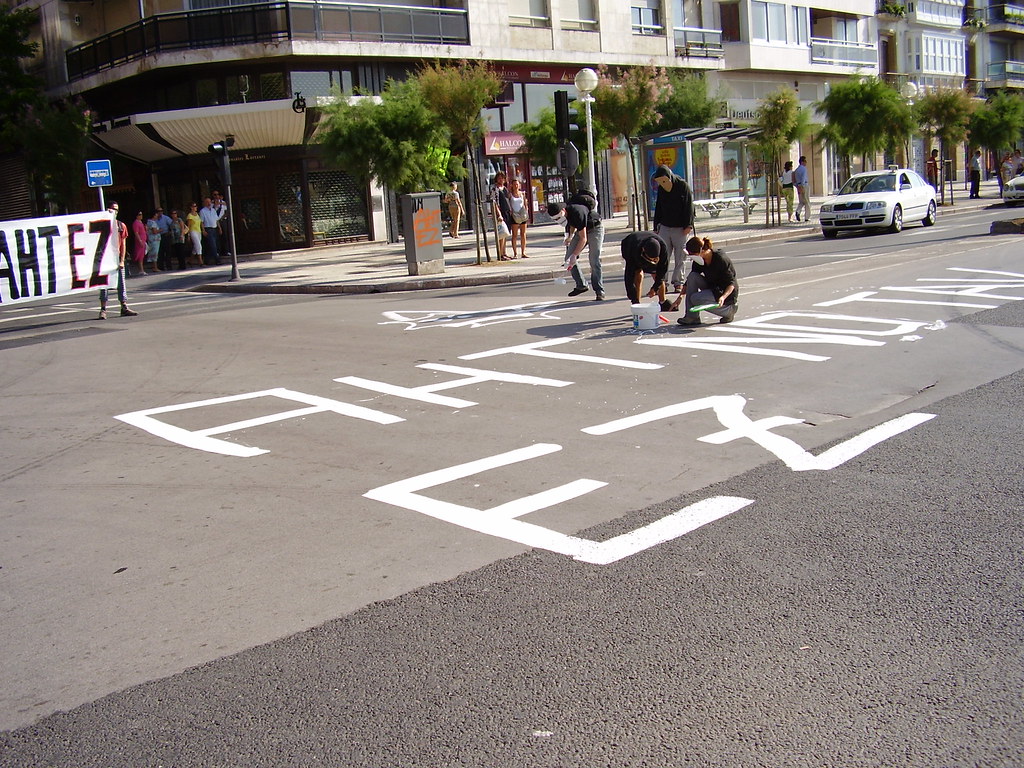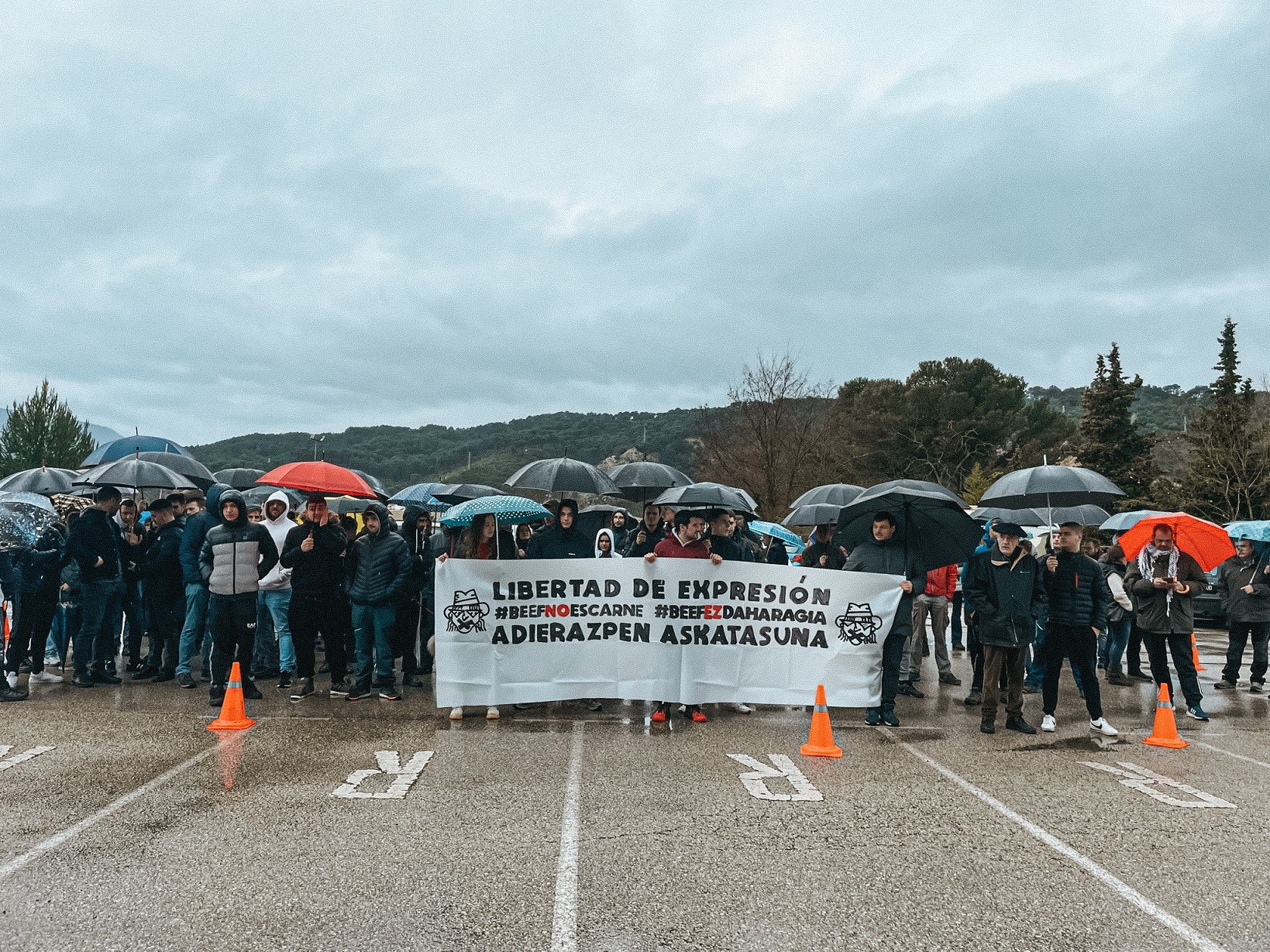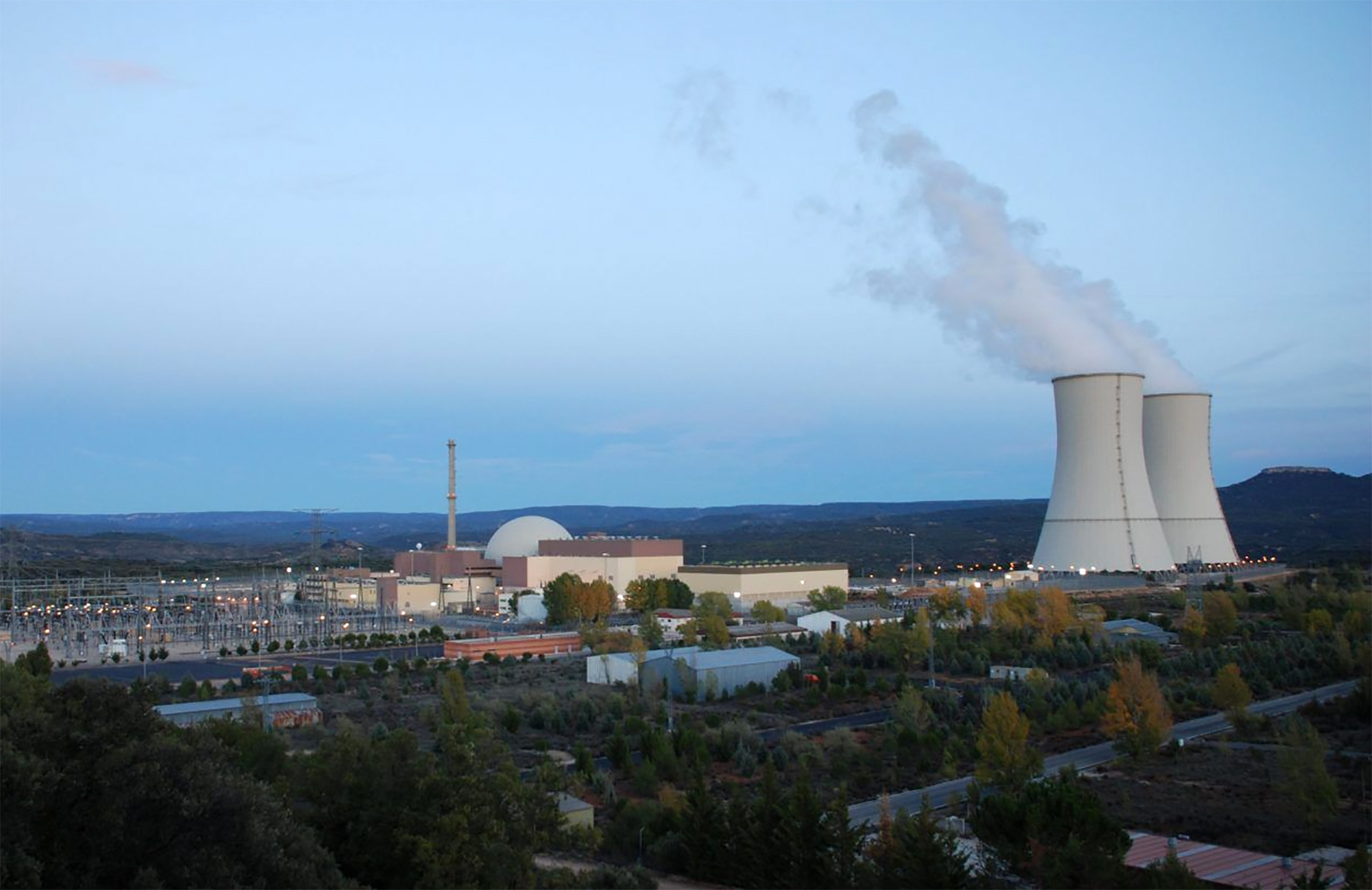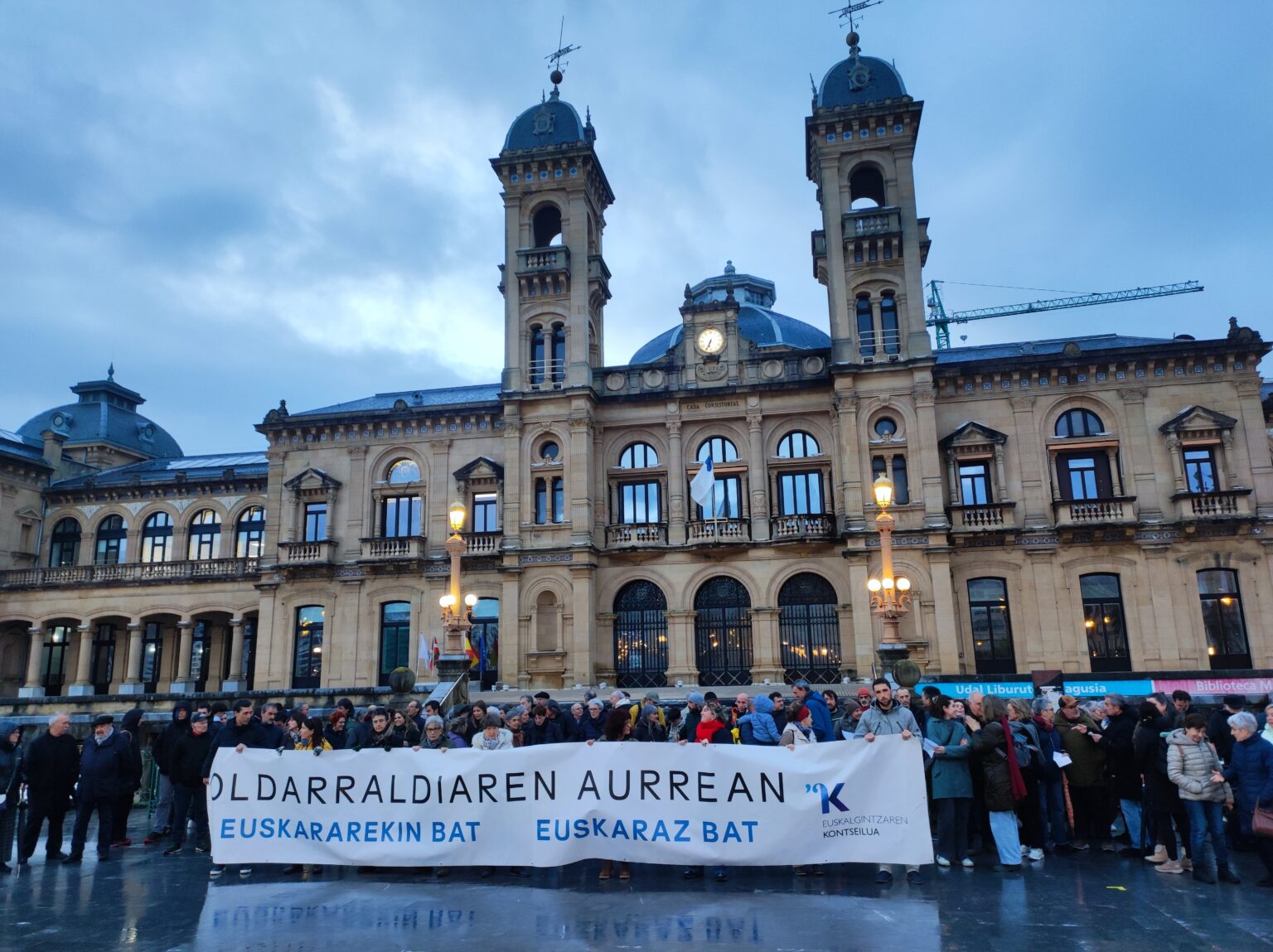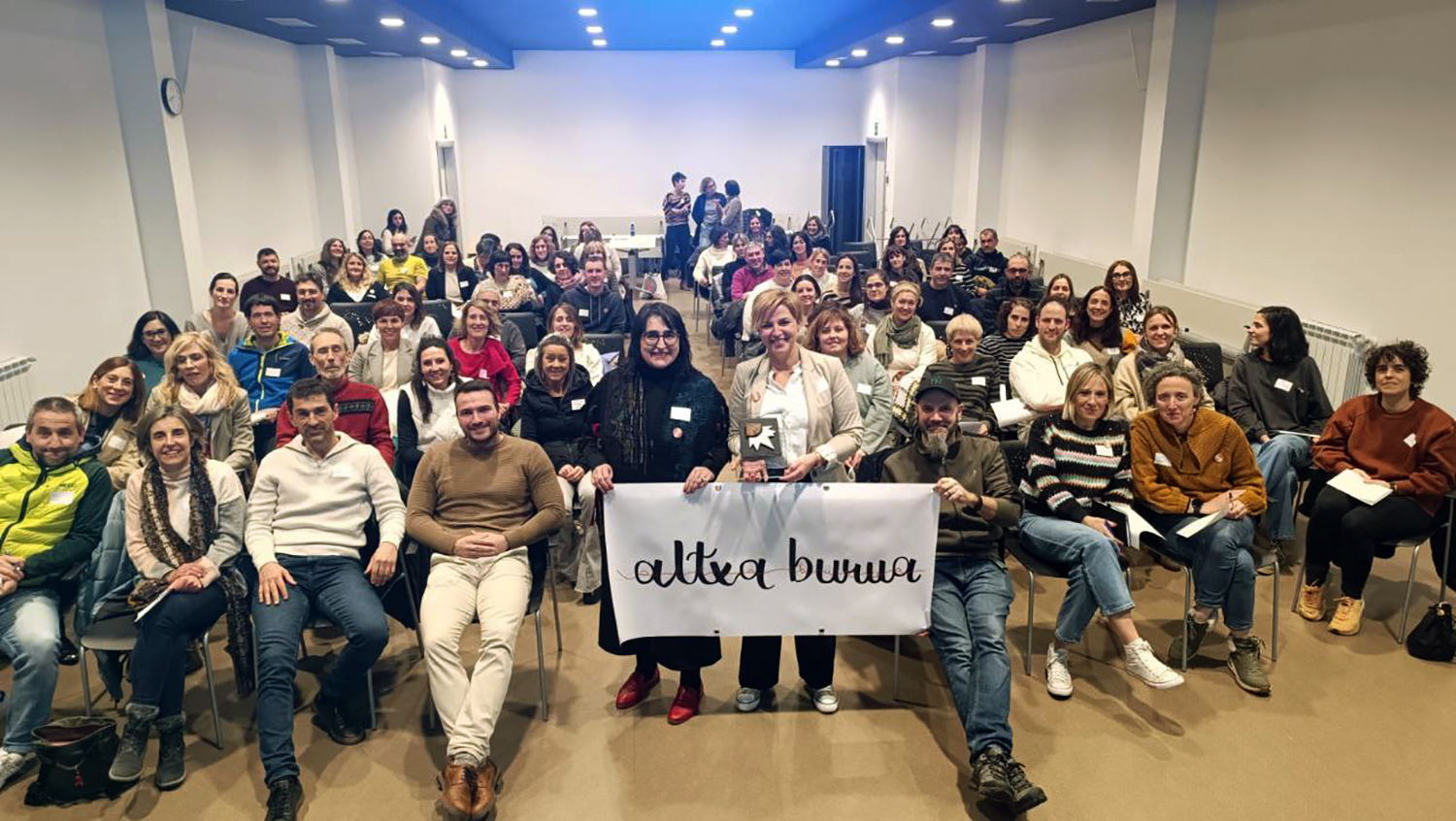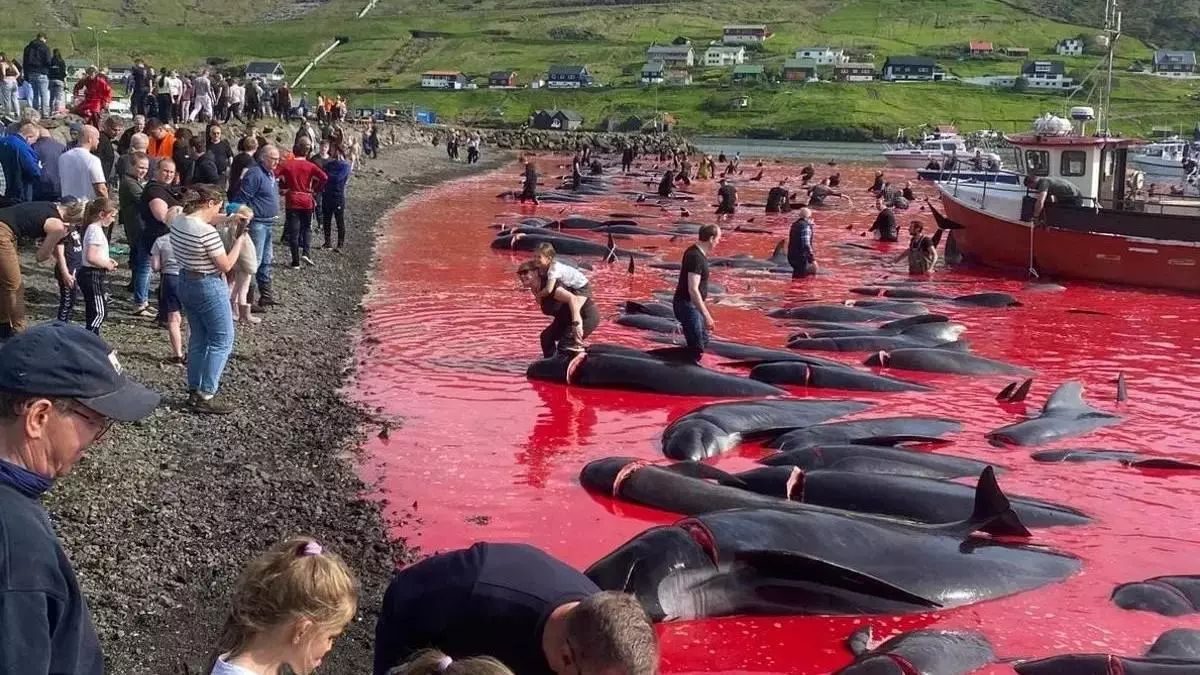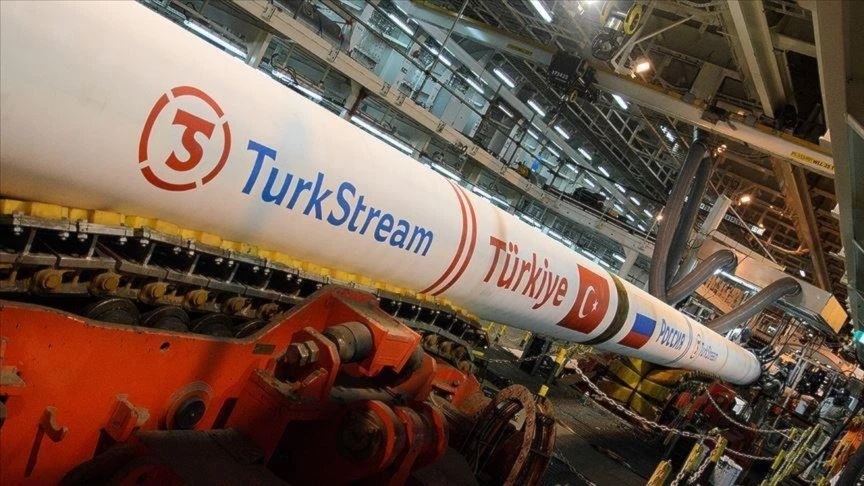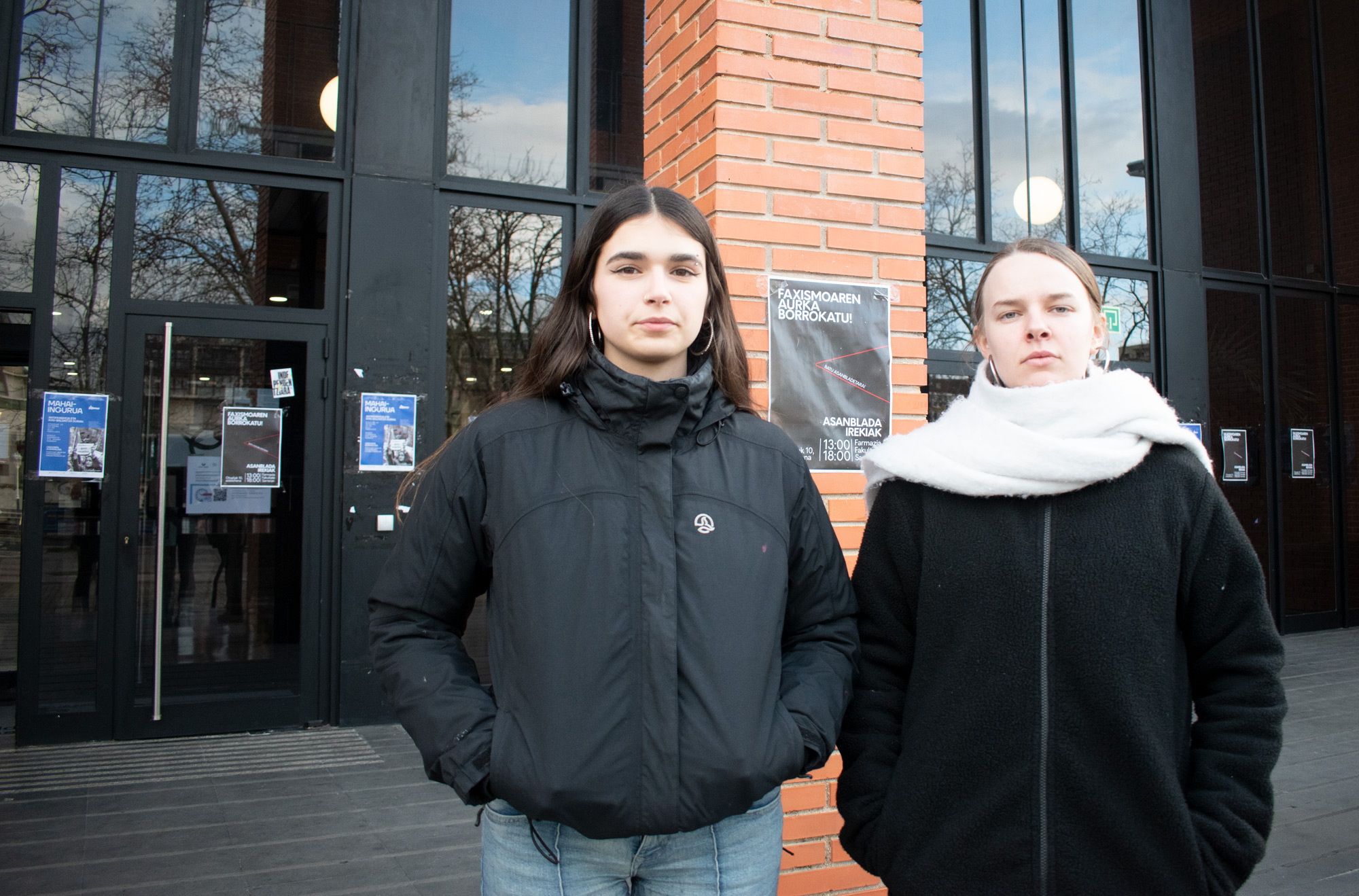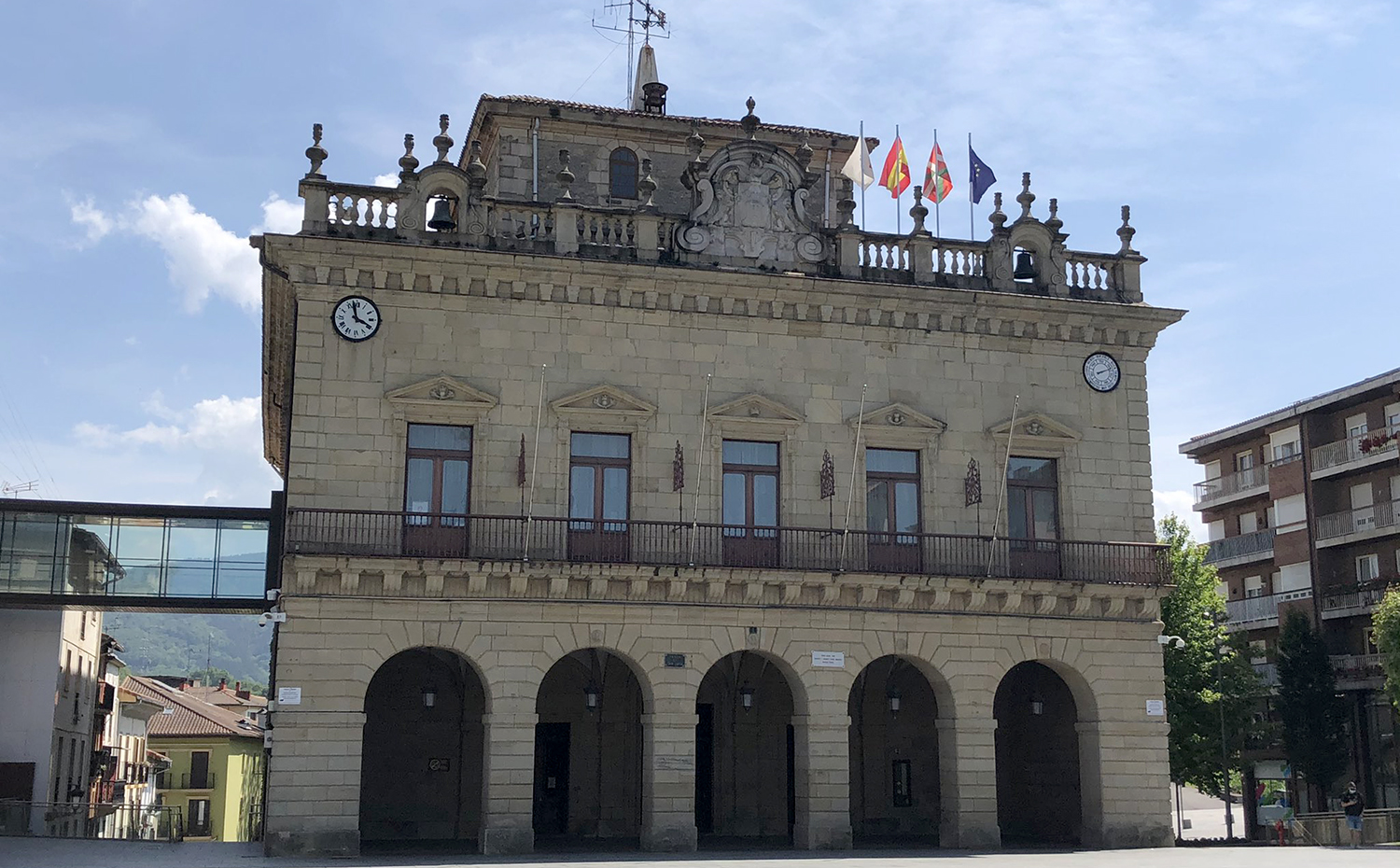Liability of PNV and EH Bildu
Since ETA announced the end of its armed activity on 20 October 2011, Basque society has been much better off, at least in terms of building peace and coexistence. The crisis, on the other hand, has worsened and that has relegated to the background what until yesterday morning was our biggest problem. Without going into larger waters, we can say that we are much better, especially because thousands of people who were threatened by ETA can be quiet today, without fear of someone killing them or threatening them. ETA's activity was increasingly insignificant and marginal in recent years, but still with the power to influence the daily life of Basque society. Five decades later, society needed an opportunity to build peace and coexistence, and ETA put its grain of sand a year ago: the final end of the armed struggle.
Has this time been used to advance the peace process? The answer is as clear as it is terrible: no. Or at least publicly, looking at society, with its participation… and all of them are essential for an effective peace process. Although it is hard, it is the general feeling that the situation is stagnant. The only area that is being vigorously developed, the political participation of the Abertzale left, in which Spain has opened its legitimate doors to the Abertzale left, is making good use of the opportunity: First with Bildu and with Amaiur, and now with EH Bildu.
Moreover, there is no environment and the basis for a peace process: ETA and the Abertzale left have taken their first important steps, but with the pp at the head, the state has hardly moved. And when he's made some small manifestation of movement, it's become clear that he has major internal problems. This was the case when the Ministry of the Interior set out the intentions of its new penitentiary policy and the same was true of the prisoner Josu Uribetxebarria. It must also be recognized that much will is needed to give these manifestations a gestural character. With the thrust or excuse of the crisis, the main institutions have also left the issue in oblivion: in a year, a parliamentary report has hardly been dealt with, which failed to include the left Abertzale.
Symbolically, Arnaldo Otegi and the other imprisoned in Bateragune are the highest exponents of the situation: the leaders of the Abertzale left who have been key in the whole scenario that imprisoned the state that has to make peace three years ago are still in prison even if there is no excuse or possibility of being released. The situation seems hopeful when Otegi is punished with the communication ban, as Otegi made a recording for the EH Bildu rally at BEC. But, perhaps, that is the most problematic thing, that in the situation in Spain the expectation is spreading to the four vientos.El
PP and the PSOE have erected a wall so as not to advance in the peace process: There will be no movement until ETA dissolves. But the way in which Madrid has acted for years, such as the Gernika Statute, the Ibarretxe Plan, the Abertzale Left or now with the peace process, makes the stench of the excuse unbearable. When you do not want to take steps, there is always an excuse. In times of truce, I needed the ultimate; or the condemnation, or forgiveness, or the dissolution of ETA… A year is little time to channel a peace process, agreement, but not to make the appropriate gestures and put society on that key. And it's not doing it.
PNV and EH Bildu already have work in the new Basque Parliament. At the moment, although the crisis is the biggest problem for the citizens, it cannot be an excuse for not taking decisive steps in pacification. Furthermore, political standardisation will release forces to legally address a period as deep as that of the multi-crisis crisis.
The biggest problem is how to get the PP also to go up to this car, whose praxis shows two dangerous directions: one is that it may be tempted to use the issue of prisoners as blackmail; and another that, although now also has the Catalan one, uses the duration of the conflict as an instrument of cohesion in Spain. The pressure of Basque citizenship is the most effective strategy to avoid them, but to do so it is essential to activate the citizenship.
Epistemology, or theory of knowledge, is one of the main areas of philosophy, and throughout history there have been important debates about the limits and bases of our knowledge. Within this we find two powerful corridors that propose different ways of accessing knowledge: The... [+]
We learned this week that the Court of Getxo has closed the case of 4-year-old children from the Europa School. This leads us to ask: are the judicial, police, etc. authorities prepared to respond to the children’s requests? Are our children really protected when they are... [+]
Gabonetako argiak pizteko ekitaldia espainolez egin izanak, Irungo euskaldunak haserretzeaz harago, Aski Da! mugimendua abiatu zuen: herriko 40 elkarteren indarrak batuta, Irungo udal gobernuarekin bildu dira orain, alkatea eta Euskara zinegotzia tarteko, herriko eragileak... [+]









